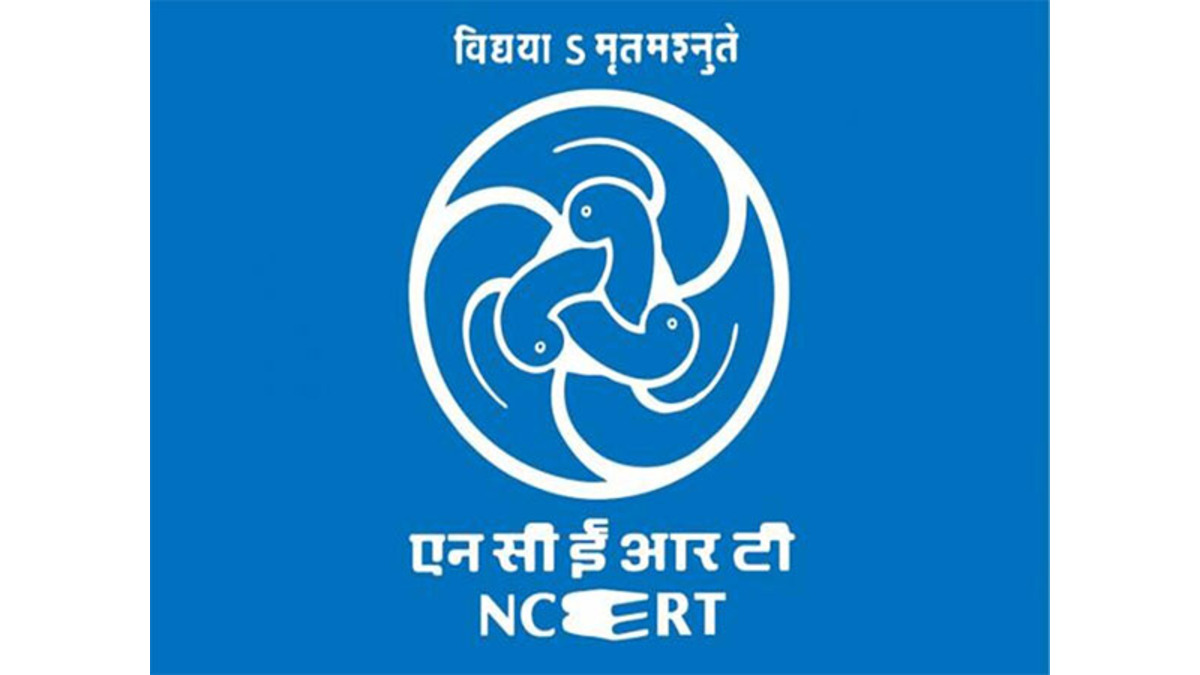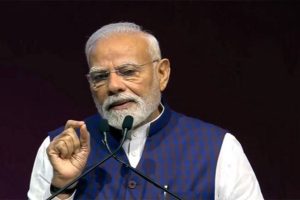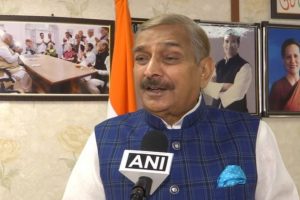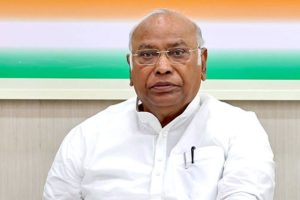Newly released NCERT modules on the Partition of India have placed significant responsibility on the Congress leadership, stating that they underestimated Mohammad Ali Jinnah, accepted the idea of Partition, and failed to foresee the scale of violence and suffering that followed.
The two modules—prepared for middle and secondary school levels—were introduced this August to mark Partition Remembrance Day.
“The Partition of India and the creation of Pakistan were by no means inevitable,” the modules state, identifying three primary actors: “Jinnah, who demanded it; the Congress, which accepted it; and Mountbatten, who formalised and implemented it.”
The secondary module notes that India’s leaders, inexperienced in administration, army, and police affairs, could not grasp the challenges ahead, leading to a rushed transfer of power. Mountbatten’s decision to advance the deadline from June 1948 to August 1947 is described as “a great act of carelessness,” leaving millions uncertain of their nationality even on Independence Day.
Partition is described as an “unprecedented human tragedy,” marked by mass killings, the displacement of 1.5 crore people, sexual violence, and refugee trains “filled only with corpses.” The modules recall horrific episodes in Noakhali, Calcutta, Rawalpindi, Thoha, and Beval as chilling precursors to the carnage of 1947.
The content also highlights the impact of the Muslim League’s Direct Action Day in 1946 and cites Jinnah’s warning—“Either a divided India or a destroyed India”—as a turning point that compelled Congress leaders Nehru and Patel to concede.
Tracing the consequences forward, the module links Partition to the Kashmir conflict, communal politics, and Pakistan’s wars and export of terrorism, framing them as legacies of the division.
For younger students, the middle-stage module presents the same arguments in simpler terms, stressing that “shortsightedness in rulers can become a national catastrophe” and warning against concessions to violence.
The conclusion frames Partition as both a tragedy and a lesson: India must reject communal politics and demand leadership that prioritises national unity over partisan gains.





